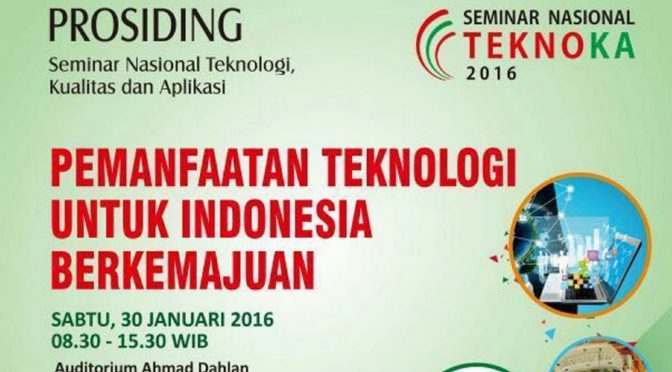
Perancangan Knowledge Management System (KMS) Kurikulum 2013 Sekolah Menengah Atas Negeri di Jakarta Selatan
Merancang Konfigurasi IP Address dan Management Bandwidth dengan Metode Queue Simple Menggunakan Mikrotik pada Warnet Mainem Net
Rancang Bangun Prototype Pengering Padi Otomatis Berbasis Mikrokontroler AT89S52
ANALISIS PENERAPAN ETIKA BISNIS ISLAM DAN SYARIAH MARKETING BMT MEKAR DA’WAH SERPONG MENURUT FATWA DSN-MUI NO. 04/DSN-MUI/IV/2000
Abstract
This study aims to determine whether BMT Mekar Da’wah Serpong has implemented Islamic business ethics and sharia marketing in accordance with the theory of Islamic law. The research method is qualitative using interview techniques, library research and internet searching. Then the data obtained were analyzed using descriptive analysis. The results showed that BMT Mekar Da’wah has implemented Islamic business ethics in accordance with the existing principles of Islamic business ethics. In its business activities, BMT Mekar Da’wah is free from usury, can balance economic and social activities, gives members the freedom to choose its products, is responsible to its members and social activities funded by baitul maal, and honesty is applied to employees. BMT. Then, BMT Mekar Da’wah has implemented sharia marketing in accordance with the existing characteristics of sharia marketing. BMT Mekar Da’wah has instilled religious values in their daily lives, behaves and speaks politely to its members, in its marketing, there are no lies and is very transparent, and maintains good relationships with its members. This shows that BMT Mekar Da’wah Serpong applies Islamic business ethics and sharia marketing has shown compliance with the MUI DSN Fatwa No.04 / DSN-MUI / IV / 2000 regarding Murabaha.
Keywords: Islamic Business Ethics, Sharia Marketing, Baitul Maal wa Tamwil
Link Journal : https://journal.uhamka.ac.id/index.php/jei/article/view/5963
IMPLEMENTASI AKAD IJARAH MULTIJASA SEKTOR PENDIDIKAN: STUDI KASUS BANK CIMB NIAGA SYARIAH
Abstract
One of the Islamic banking products that is quite flexible is multi-service Ijarah. This paper aims to analyze the implementation of multi-service ijarah contracts in one of the Islamic banks, especially for financing the education sector. The implementation of multiservice ijarah financing is carried out in accordance with the Fatwa of the National Sharia Council (DSN) of the Indonesian Ulema Council (MUI) by combining the ijarah contract and the wakalah contract. However, there are still obstacles to identify financing objects in this education sector. In addition, the status of using the wakalah contract as a supporting contract is still unclear in the practice of multi-service ijarah. The issue of the imposition of fines by banks is also an important discussion as a solution to provide optimal services for customers who need financing in the education sector.
Keywords: multi-service ijarah, fines, and education sector
Link Journal : https://journal.uhamka.ac.id/index.php/jei/article/view/4802

